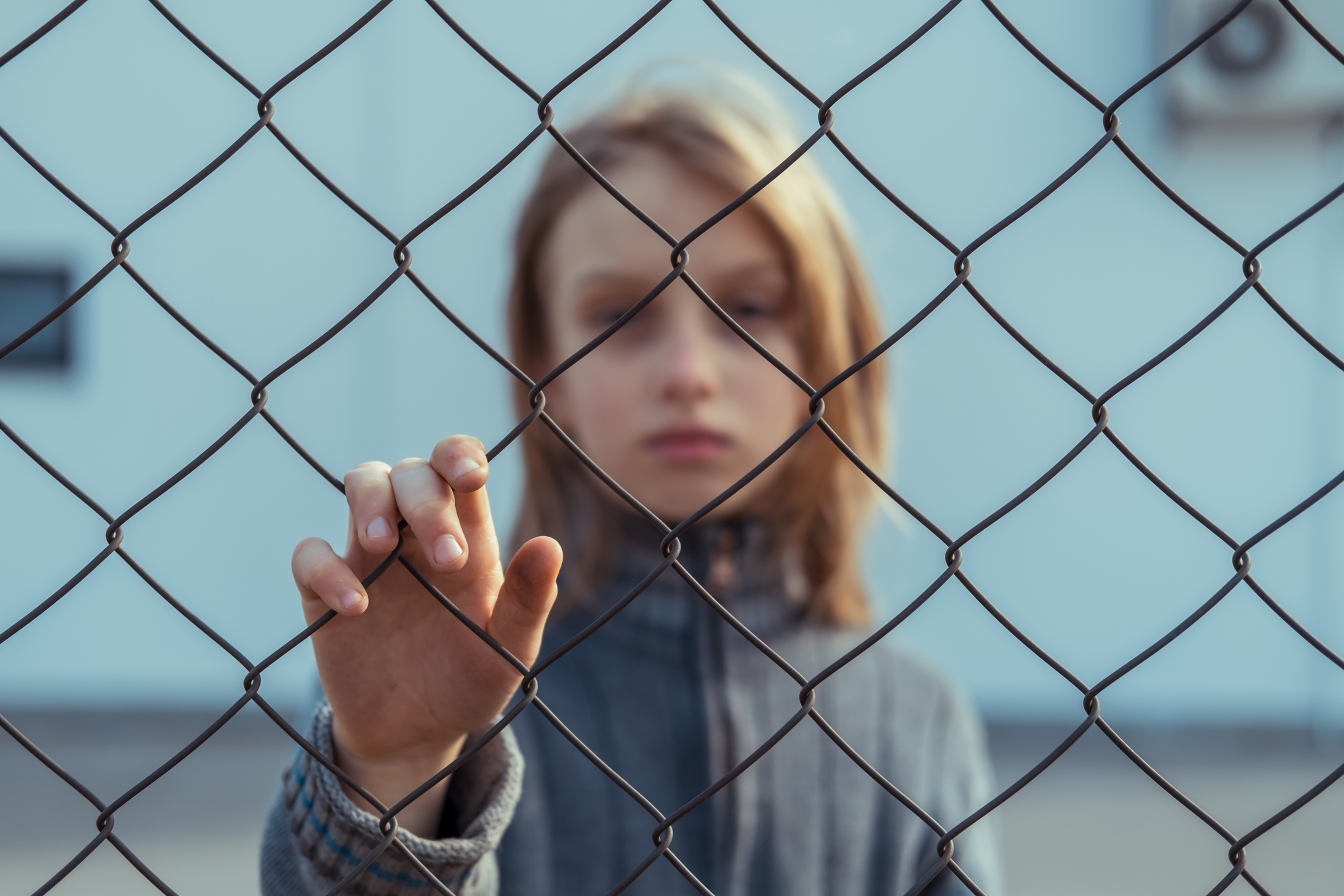When a juvenile is charged with a criminal offense, the consequences can be life-changing. However, for first-time juvenile offenders, the justice system often provides an opportunity to avoid formal prosecution through diversion programs. These programs focus on rehabilitation and education rather than punishment, allowing young offenders to correct their behavior without carrying a permanent criminal record.
What Are Juvenile Diversion Programs?
Juvenile diversion programs are structured alternatives to traditional court proceedings for minors who commit non-violent, first-time offenses. These programs aim to redirect young offenders away from the formal justice system by offering rehabilitative services, counseling, education, and community involvement. The primary goal is to prevent future criminal behavior by addressing the underlying causes of delinquency. Participation in a diversion program often results in the dismissal of charges, allowing the juvenile to avoid a criminal record or needing representation in court.
Types of Juvenile Diversion Programs
Diversion programs vary depending on the jurisdiction and the nature of the offense, but they generally fall into three main categories: informal diversion, formal diversion, and community-based programs.
Informal Diversion
Informal diversion typically occurs before a formal charge is filed. Law enforcement officers, probation officers, or juvenile intake counselors may recommend informal diversion as an alternative to formal prosecution. In this scenario, the juvenile agrees to comply with certain conditions, such as attending counseling, completing community service, or participating in an educational program. If the juvenile successfully fulfills these requirements, the case is closed without formal charges being filed.
Formal Diversion
Formal diversion usually takes place after charges are filed but before adjudication. The court may offer a formal diversion program to eligible juveniles, allowing them to complete specific conditions in exchange for dismissal of the charges. Formal diversion programs often involve stricter monitoring and oversight, requiring regular progress reports and compliance with program guidelines. Successful completion results in the expungement of the offense from the juvenile’s record.
Community-Based Diversion Programs
Community-based programs focus on integrating the juvenile into positive social environments. These programs often include mentoring, vocational training, family counseling, and peer group sessions. Community organizations and nonprofits play a crucial role in these programs by providing services that foster healthy relationships and reinforce positive decision-making. These programs not only address the immediate offense but also equip juveniles with the tools to succeed in the future.
Eligibility Criteria for Juvenile Diversion Programs
Not all juveniles qualify for diversion programs. Eligibility typically depends on the nature of the offense, the juvenile’s criminal history, and the circumstances surrounding the case. Generally, first-time offenders charged with non-violent offenses such as petty theft, vandalism, or minor drug possession are the most likely candidates for diversion.
In determining eligibility, courts and juvenile intake officers consider several factors, including the severity of the offense, the juvenile’s age, family background, and willingness to participate in the program. Some jurisdictions may also require parental consent for program participation. If the juvenile demonstrates genuine remorse and a commitment to meeting program requirements, they are more likely to be accepted into a diversion program.
How Juvenile Diversion Programs Work
The structure of diversion programs varies, but most follow a similar process that includes assessment, program participation, and monitoring.
Initial Assessment
When a juvenile is considered for a diversion program, an initial assessment is conducted to evaluate their risk level, family situation, and individual needs. This assessment helps program coordinators determine the most appropriate interventions and services for the juvenile. The assessment may include interviews with the juvenile, family members, school officials, and community members.
Program Participation and Conditions
Once enrolled in a diversion program, the juvenile must complete a series of requirements tailored to their offense and personal circumstances. These conditions often include attending counseling or therapy sessions, completing community service, participating in educational workshops, and attending restorative justice meetings. The goal is to help the juvenile understand the consequences of their actions while providing them with tools to make better decisions moving forward.
Monitoring and Compliance
Throughout the program, the juvenile’s progress is closely monitored by program coordinators and juvenile probation officers. Regular check-ins, progress reports, and compliance reviews ensure that the juvenile is meeting all requirements. If the juvenile successfully completes the program, the charges are typically dismissed, and their record remains clean.
Benefits of Diversion Programs for Juveniles
Diversion programs offer numerous benefits for both juveniles and the community. By emphasizing rehabilitation and accountability, these programs help prevent recidivism and promote positive behavioral changes. Successful completion of a diversion program allows juveniles to avoid a criminal record, which can have lasting consequences on future educational and employment opportunities.
One of the most significant benefits is that diversion programs provide young offenders with access to counseling, mentoring, and educational resources that address the root causes of their behavior. Rather than being labeled as criminals, juveniles have the opportunity to learn from their mistakes and develop healthier coping mechanisms. Additionally, diversion programs reduce the burden on the juvenile justice system, allowing resources to be directed toward more serious cases.
A Second Chance for First-Time Juvenile Offenders
Diversion programs offer first-time juvenile offenders a second chance to correct their behavior and avoid the lasting consequences of a criminal record. By focusing on rehabilitation, education, and community involvement, these programs provide young offenders with the tools they need to make better choices in the future. While challenges exist, the benefits of diversion programs far outweigh the potential drawbacks, making them a valuable alternative to traditional court proceedings.
For families navigating the juvenile justice system, understanding and advocating for diversion opportunities can make all the difference in ensuring a brighter future for their child. To schedule a free 30-minute case evaluation with our team, call the Law Office of Hibbeler & Associates today at 931-236-2711.

 931-236-2711
931-236-2711 Call Us Now
Call Us Now



